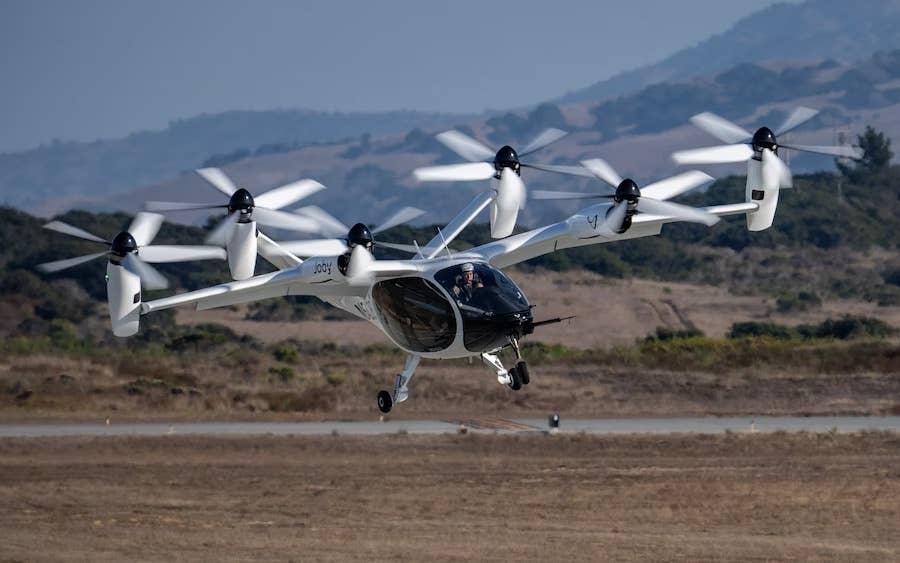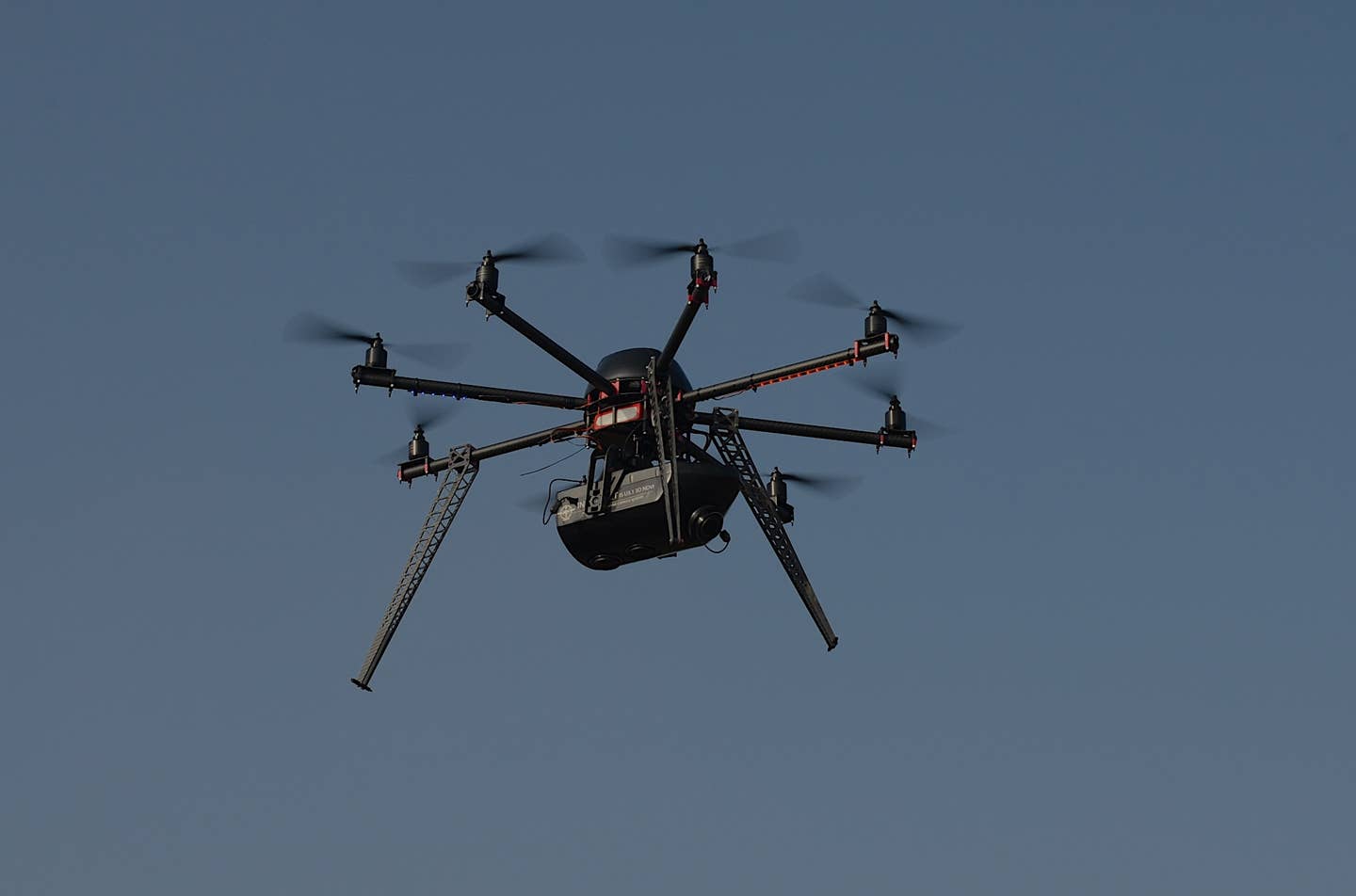A Few Words About Apollo 11
It may have been 40 years, but the thrill still isn’t gone.
Here's a phrase you don't hear much anymore: "We can put a man on the moon, but we can't…" Fill in the outrage or frustration of your choice. One reason for this is that nearly half of the world's population was born since Apollo 11 touched down in the Sea of Tranquility 40 years ago today and 100 million Americans who are alive now, weren't then. The current generation seems blissfully unaware of Apollo's stunning achievement.Not me. Over the weekend, in honor of Walter Cronkite's sad passing, the Apollo 11 mission got a lot of airplay. Maybe I am exaggerating, but I seem to experience the same thrill watching it now as I did when it occurred that July day four decades ago. A life event ranks as "major" if you can remember exactly where you were when it happened. I was in my parents den, home on leave from the Army ahead of an overseas tour. I held my breath as Armstrong and Aldrin sailed over craters to a safe landing. I felt the same wave of emotion as Cronkite did when he turned away from the camera and said, "Boy!"At the time, I recall being impressed with the astronauts and the sheer audacity of the program. But since then, having read a number of books on the subject, two things impress me more now: The breakneck pace of Apollo and the utter disinterest in it after Apollo 17 landed.What's often under appreciated is that the vehicle which took Armstrong, Aldrin and Collins to the moon-the full-up Saturn V-had been flown only three times before. The lunar module that would take them to the surface had flown in space (manned) only twice. The Apollo system's first manned flight was in October of 1968; two months later it orbited the moon; nine months later it landed on the moon.It's hard to imagine this happening today with anything, much less a manned space project. But then we don't have the likes of George Mueller anymore. Mueller was a fearless NASA director who kicked the Apollo program out of its doldrums by proposing "all-up" testing. Previously, NASA had plodded along carefully testing each subsystem before joining it to the whole. Mueller ordered the agency to assemble the vehicle and fly it. It worked. The Saturn system never suffered a loss of payload.The disinterest in real space exploration strikes me as a sort of national post-partum. John F. Kennedy laid down the challenge, we met it, we moved on. Even Mueller was gone from NASA before the end of 1969. The timeline of Apollo looks like the Dodo bird compared to the Sea Tern: It just terminates in extinction. Last year, Sy Liebergot, the heroic ECCOM controller on Apollo 13, told me that the drawings of the original Saturn V system no longer exist, having been discarded as so much surplus paper and linen.I prefer not to dwell on what that says about us as a civilization. The late Mr. Cronkite was quoted as saying the lunar landing ranked as one of top stories of the 20th century, right along with two world wars and the invention of the airplane. I think he was right. And I, for one, consider myself lucky that I got to witness it.






